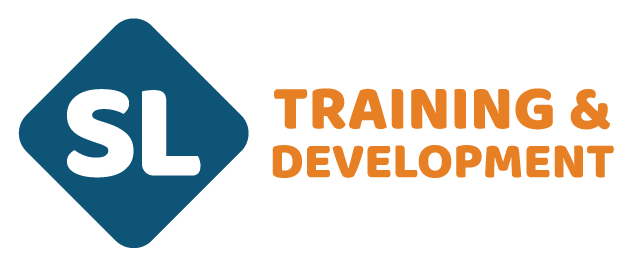Assessment planning is important - is it taking place properly?
Are Assessors planning their assessment effectively?
The Importance of Planning Assessments in Qualifications and Workplace Competency-Based Training

Effective assessment planning is a cornerstone of quality assurance in both regulated qualifications and workplace competency-based assessment. Whether assessing learners working towards a vocational qualification or evaluating employees’ skills in a practical setting, thoughtful planning ensures that assessments are fair, valid, reliable, and aligned to the required standards.
Ensuring Fairness and Consistency
Assessment planning helps ensure that all learners are given equal opportunities to demonstrate their competence. A well-structured plan identifies the types of evidence required, the assessment methods to be used, and the timing and context of each activity. This promotes consistency across different learners and Assessors, reducing the risk of bias or inconsistency in judgement. In competency-based settings, where workplace realities can vary, careful planning ensures that assessment decisions are applied fairly and consistently across different job roles and environments.
Meeting Learning Outcomes and Standards
Assessment planning ensures that each assessment opportunity maps directly to the required learning outcomes or performance criteria. This alignment is crucial for Awarding Organisation compliance and for maintaining the credibility of qualifications. For workplace assessments, planning helps link assessment activities directly to job competencies, ensuring that the evidence gathered reflects genuine occupational performance rather than simulated ability.

Supporting Learner Progress and Engagement
Clear assessment planning gives learners
confidence and direction. When learners understand what is expected, how they will be assessed, and when, they can better prepare and engage with the process. A
transparent plan helps reduce anxiety and creates a more collaborative and supportive environment between the assessor and the learner.
Promoting Efficiency and Quality Assurance
From an organisational perspective, effective assessment planning improves efficiency by avoiding duplication and ensuring that resources—such as time, venues, and observation opportunities—are used effectively. It also supports robust internal quality assurance (IQA) by providing a clear audit trail of how assessment decisions were made and evidenced. This documentation is essential for external quality assurance (EQA) and maintaining the integrity of the qualification or training programme.
Adaptability and Flexibility
In workplace settings, assessment planning allows for flexibility while maintaining structure. Assessors can plan for natural work activities that generate authentic evidence, ensuring assessments are both practical and realistic. Good planning also allows for contingencies—such as changes in workload, shifts, or operational priorities—so that assessment can continue without compromising quality or fairness.

Using Technology to Enhance Assessment Planning
The use of digital tools and software is transforming the assessment planning process, making it more efficient, transparent, and accessible. Electronic portfolios (e-portfolios), learner management systems (LMS), and assessment planning apps allow assessors to map criteria, schedule activities, and track learner progress in real time. These platforms make communication between assessors, learners, and quality assurers more streamlined, ensuring everyone has access to up-to-date records and feedback.
Technology also supports remote and blended assessment approaches, enabling evidence to be collected and verified securely, even when learners are working across different locations or shifts.
How SL Training and Development Can Help
At SL Training and Development, we support Assessors, Trainers, and Quality Assurers in developing the knowledge and skills needed to plan, deliver, and quality assure assessments effectively. Through qualifications such as the Level 3 Certificate in Assessing Vocational Achievement (CAVA), plus the suite of Assessor qualifications and ongoing professional development, we help ensure that assessment practice meets awarding body standards and reflects best practice across all learning and workplace environments.
Our programmes are tailored to meet individual or organisational needs, align with current regulatory standards, ensuring that practitioners remain compliant while enhancing their professional practice.
We also provide guidance on developing CPD plans and maintaining robust evidence records, helping Trainers, Assessors and IQAs to demonstrate their commitment to quality and continuous improvement during internal and external quality assurance processes.
For more information get in touch or visit our qualification and CPD pages on our website.














